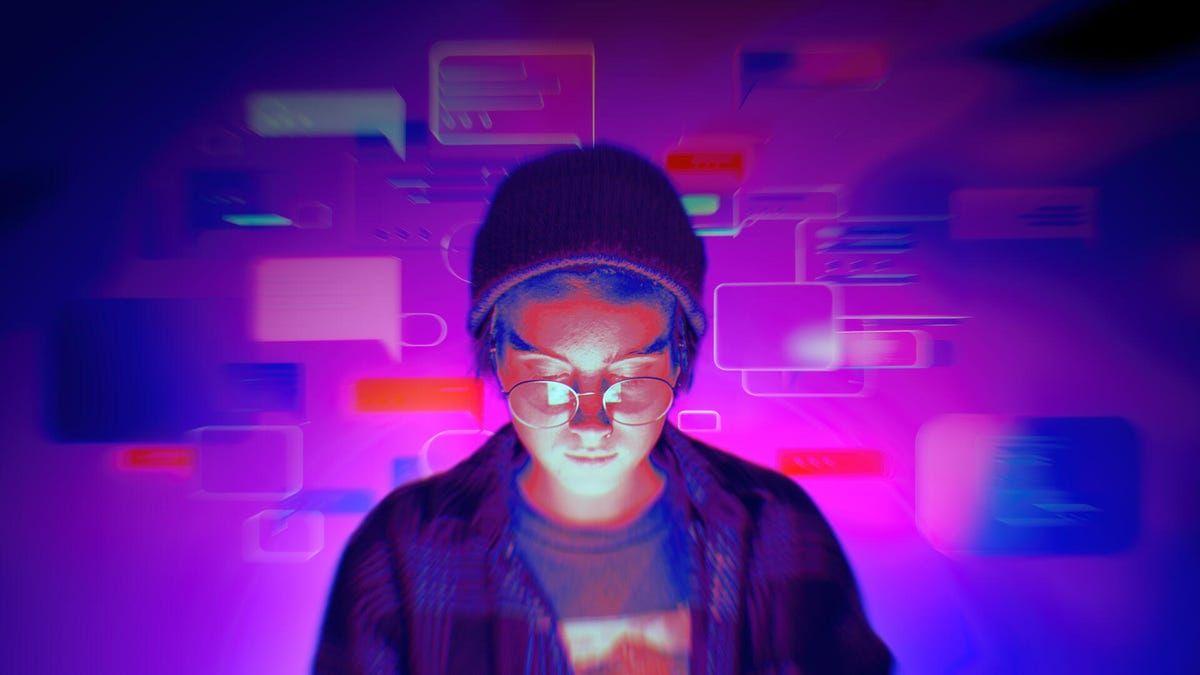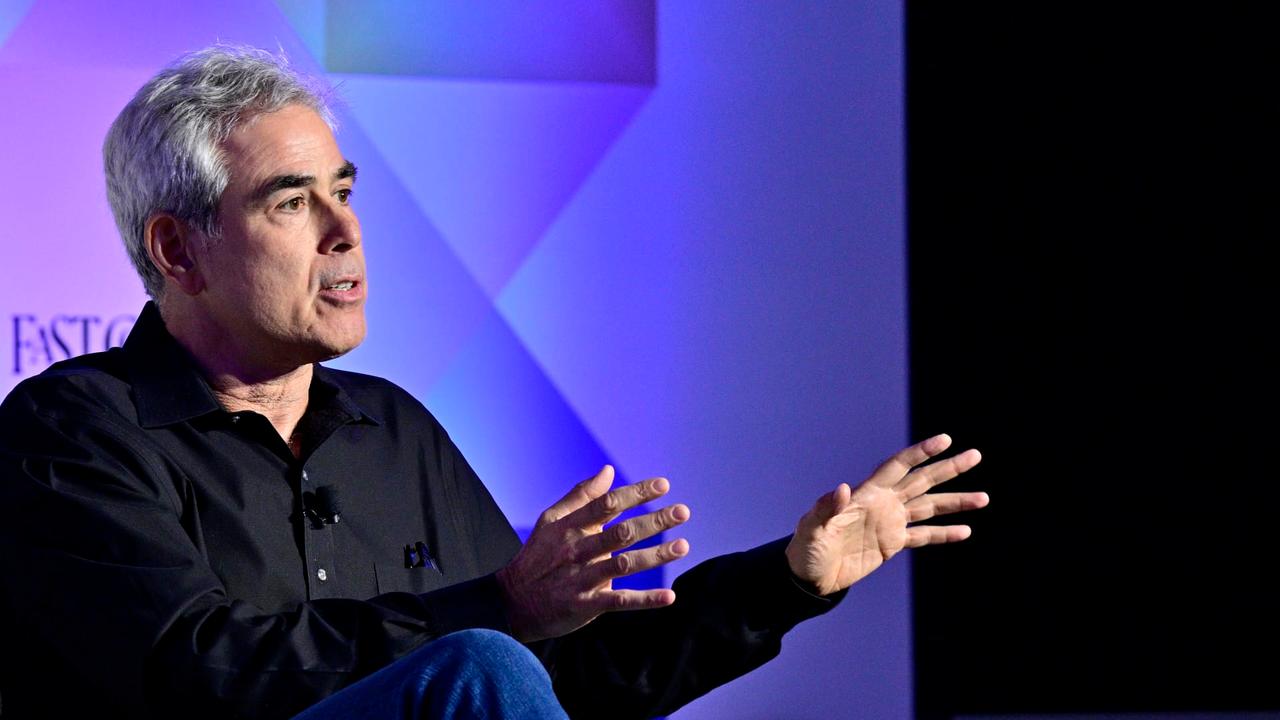AI Chatbots and Young Children: A Growing Trend Raises Concerns
2 Sources
2 Sources
[1]
Young Kids' Screen Time Now Includes AI Chatbots, Parents Say
In a broad look at how children ages 5 to 12 are interacting with technology, 42% of parents said they could be doing better. How old do you have to be to start using an AI chatbot? In some families, children as young as kindergarten age are already engaging with the likes of ChatGPT and Gemini. That's according to a new survey from Pew Research, which reports that 3% of parents who responded said that their children ages 5 to 7 had ever used a chatbot. That jumps to 7% for parents with children between 8 and 10 years old and to 15% for those between 11 and 12. About 40% of parents said their 12-or-under children used voice assistants like Alexa and Siri. The findings come out of a survey of more than 3,000 US parents that looked broadly at how they're managing screen time for their children. While the AI chatbot usage averaged out to about 8%, or nearly 1 in 10 children, there were far higher numbers for screen use in that age group, including 90% for television, 68% for tablets and 61% for smartphones. Many parents find keeping up a challenge, with 42% saying they could better manage their kids' screen time and 58% saying they're doing the best they can. Don't miss any of our unbiased tech content and lab-based reviews. Add CNET as a preferred Google source. The use of artificial intelligence by children and teens has stirred unease for many people. In August, OpenAI added parental controls to ChatGPT after a family sued the company, alleging the chatbot had been a factor in the suicide of their 16-year-old son. Some states have also issued warnings to AI companies about technology that may be harmful to children. (Disclosure: Ziff Davis, CNET's parent company, in April filed a lawsuit against OpenAI, alleging it infringed Ziff Davis copyrights in training and operating its AI systems.)
[2]
A worryingly high number of kids are using AI, and experts are concerned
According to a Pew survey, one-in-ten parents report that kids as young as five years of age are using ChatGPT or Gemini. As technology continues to seep into every corner of our lives, including adults and kids, parents across the U.S. are struggling with a not-so-new but evolving challenge. How to keep their children's screen time healthy and safe when it comes to interactions with AI chatbots. What's happened? A new survey by the Pew Research Centre sheds light on what the average digital life of kids looks like in the US. We know that it was already filled with TV, smartphones, and streaming, but now there is an alarming rise in the usage of AI. The use of voice assistants like Alexa and Siri is increasing, with 4 out of 10 parents with a 12-year-old kid or younger reporting it. About 1 in 10 parents say their 5-12-year-old children have used AI tools like ChatGPT and Google's Gemini. 26% of U.S. teens have already admitted to using ChatGPT for schoolwork, which could be harmful. A recent study from Microsoft and Carnegie Mellon University found that over-reliance on AI worsens our cognitive thinking skills. This is important because: Experts are concerned that early and unrestricted access to AI could affect children's development in terms of how they learn and process information. While it can assist in problem-solving, the ready-made answers provided by AI can reduce their natural curiosity and motivation to explore or learn new skills independently. Recommended Videos "A quarter of public K-12 teachers say using AI tools in K-12 education does more harm than good," said another Pew research. Here are some potential concerns raised by researchers: There is a risk of misinformation as chatbots can 'hallucinate' and provide misleading answers with confidence. Kids may rely on AI instead of cultivating their own reasoning and writing abilities. Additionally, children's data could be stored or profiled by AI. Moreover, increased use of chatbots or AI companion can stunt their emotional development and impact their ability to establish good relationships. Why should I care? The speed at which AI is being integrated into everyday platforms like YouTube, school apps, and smart devices is faster than parents can adapt and respond to. Continuing at this pace, it's hard to tell where healthy exploration ends and AI dependence begins. Parents need to understand what the use of AI really means beyond homework, and also enable parental controls, such as those available for ChatGPT users. Educators need to strike a healthy balance between AI literacy and the critical thinking of children. As kids grow up with artificial intelligence, adults need to set the right boundaries before technology dominates their minds
Share
Share
Copy Link
Recent surveys reveal an increasing number of young children using AI chatbots and voice assistants, prompting concerns about the impact on their development and learning.

AI Chatbots Enter Children's Digital Landscape
A recent Pew Research survey has revealed a surprising trend in children's technology use: AI chatbots are becoming increasingly popular among young users. According to the study, approximately 1 in 10 parents reported that their children aged 5-12 have used AI tools like ChatGPT and Google's Gemini
1
2
.The survey, which included responses from over 3,000 US parents, showed that 3% of children aged 5-7, 7% of those aged 8-10, and 15% of 11-12 year-olds have engaged with chatbots
1
. This trend is part of a broader digital landscape where children are increasingly exposed to various forms of technology.Voice Assistants and Screen Time
While AI chatbot usage is on the rise, it's not the only technology children are interacting with regularly. The survey found that 40% of parents reported their children under 12 using voice assistants like Alexa and Siri
1
2
. Additionally, traditional screen time remains high, with 90% of children watching television, 68% using tablets, and 61% using smartphones1
.Parental Concerns and Management Challenges
The increasing prevalence of technology in children's lives has left many parents feeling overwhelmed. The survey revealed that 42% of parents believe they could be doing a better job managing their children's screen time, while 58% feel they're doing the best they can
1
.Related Stories
Expert Concerns and Potential Risks
Experts have raised several concerns about the early and unrestricted access to AI technologies:
-
Cognitive Development: Over-reliance on AI may negatively impact children's cognitive thinking skills and natural curiosity
2
. -
Misinformation: AI chatbots can provide inaccurate or misleading information, which children may not be equipped to critically evaluate
2
. -
Educational Impact: 26% of US teens have admitted to using ChatGPT for schoolwork, potentially hindering the development of independent learning and problem-solving skills
2
. -
Data Privacy: There are concerns about how children's data might be stored or profiled by AI systems
2
. -
Emotional Development: Increased use of AI chatbots may impact children's ability to form healthy relationships and develop emotional intelligence
2
.
As AI continues to integrate rapidly into everyday platforms, parents and educators face the challenge of striking a balance between fostering AI literacy and maintaining critical thinking skills in children. The need for appropriate boundaries and parental controls has become increasingly important in this evolving digital landscape.
References
Summarized by
Navi
[2]
Related Stories
Recent Highlights
1
OpenAI secures $110 billion funding round from Amazon, Nvidia, and SoftBank at $730B valuation
Business and Economy

2
Anthropic stands firm against Pentagon's demand for unrestricted military AI access
Policy and Regulation

3
Pentagon Clashes With AI Firms Over Autonomous Weapons and Mass Surveillance Red Lines
Policy and Regulation








